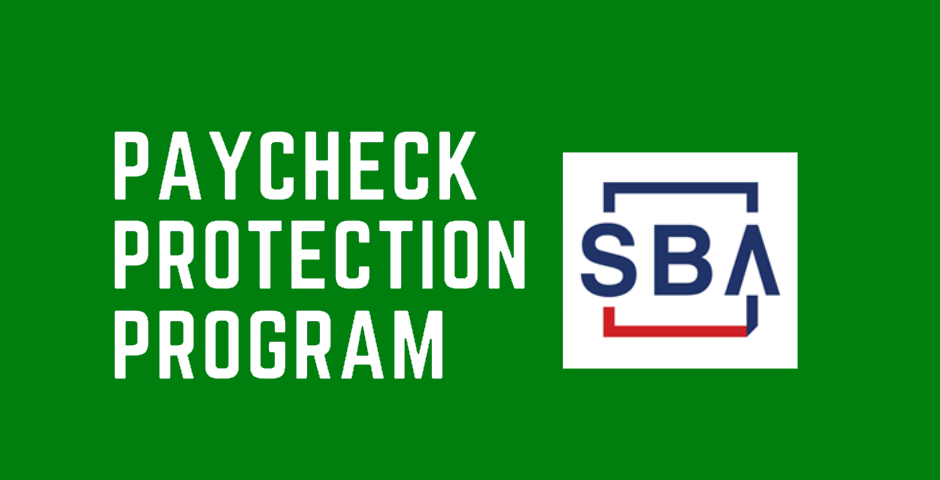In reaction to today’s signing of the Paycheck Protection Program Flexibility Act, the American Institute of CPAs (AICPA) encouraged small businesses to apply for Paycheck Protection Program (PPP) funds ahead of the fast-approaching June 30th deadline. The institute added that the PPP Flexibility Act significantly increases the chance a small business can continue its operations and retain employees.
The PPP Flexibility Act is a critical, positive step for small business and the nation’s economy. AICPA applauds Congress for its strong, bipartisan commitment to small businesses and their great need for flexibility in using PPP funds.
The PPP Flexibility Act includes the following provisions:
- Allows forgiveness for expenses beyond the 8-week covered period to 24 weeks;
- Extends the timeframe to restore employee levels to December 31, 2020;
- Increases the current limitation on nonpayroll expenses (such as rent, utility payments and mortgage interest) for loan forgiveness from 25 to 40 percent;
- Allows new borrowers five years to repay loan instead of two; existing PPP loans can be extended up to 5 years if lender and borrower agree; and
- Ensures full access to payroll tax deferment for businesses that take PPP loans.
An additional summary of the PPP Flexibility Act’s main points is available here.
“CPA firms have worked tirelessly to help their small business clients understand, as best possible, the PPP’s policies and apply for financial relief,” said Mark Koziel, CPA, AICPA executive vice president of firm services. “Some small businesses may have hesitated to apply for PPP funds because of challenges with the old forgiveness rules. We encourage CPA firms to share how the PPP Flexibility Act greatly improved these rules, which may help more small businesses apply for relief.”
“The positive unemployment numbers released today clearly highlight the significant impact the PPP program is having in the retention and rehiring of workers,” said Erik Asgeirsson, CEO and president of CPA.com. “Over the past two months, the 44,000 CPA firms tied to the AICPA have played a critical role in delivering this needed business relief to their clients. We are going to continue to work with the AICPA-led coalition to help answer new questions related to these recent changes.”
AICPA has been a vocal advocate for giving small businesses more flexibility and clarity on the use of PPP funds. For example, it stated that recent PPP guidance leaves many unanswered questions and did not provide enough flexibility for PPP loan recipients. This makes it difficult for small business, and the CPA firms that advise, them to make critical decisions.
AICPA also created a loan forgiveness calculator to provide small businesses with a commonly accepted approach to PPP loan forgiveness. The AICPA’s loan calculator was made in consultation with the AICPA-led small business funding coalition whose members provide services and support to businesses that employ more than 75 million people.
Thanks for reading CPA Practice Advisor!
Subscribe Already registered? Log In
Need more information? Read the FAQs




